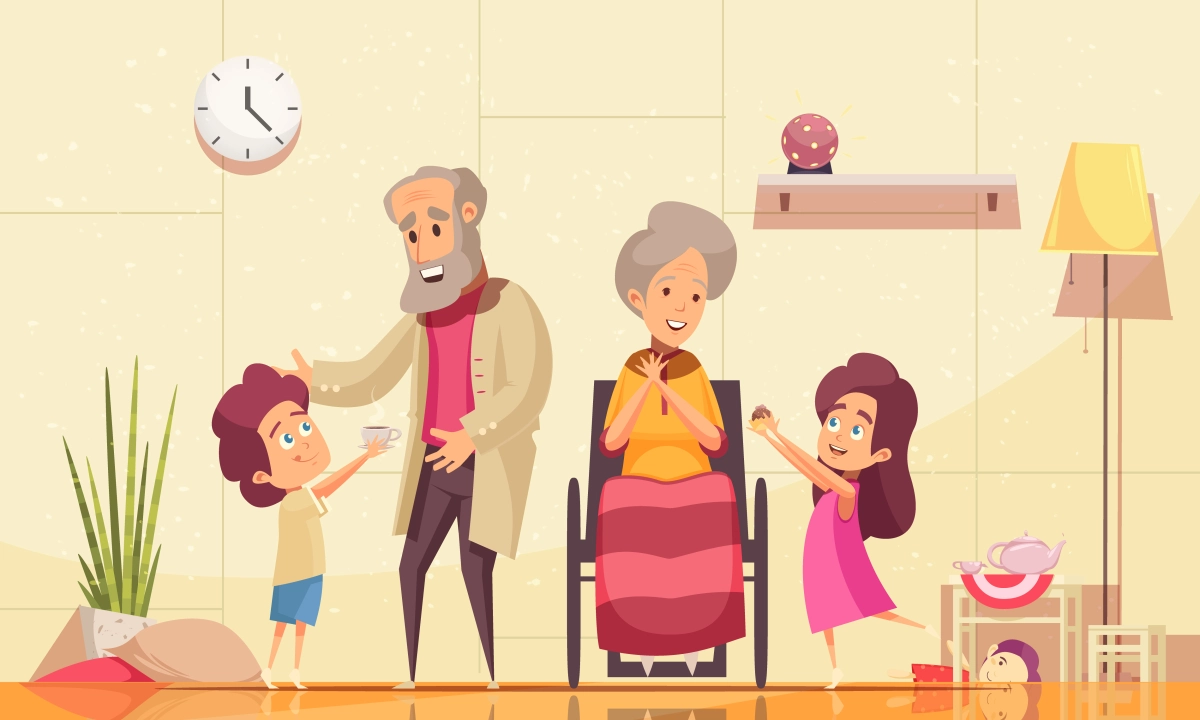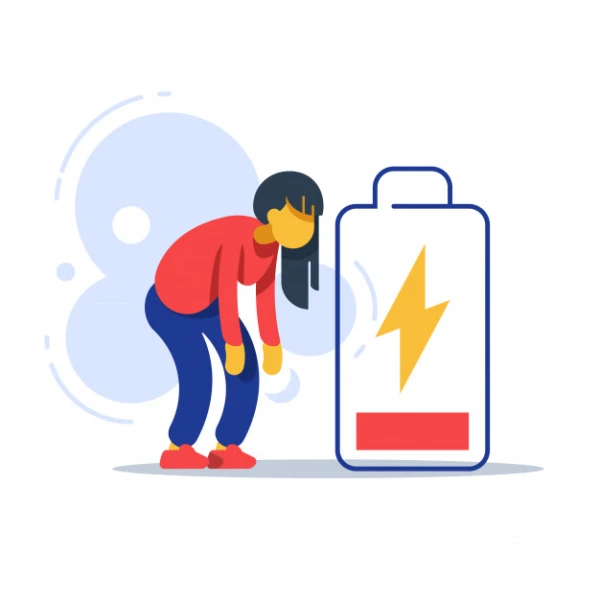Mr. Ramu (name changed) had a lightness about him and was cheerful at our regular yoga therapy program. While we assumed it was our yoga asana and pranayama practise that added the bounce, it was, however, a visit from his grandkids that cheered him up. Spending time with grandchildren had a significant impact on not just Mr. Ramu’s mental health but also on his physical well being.
While medications and supportive care (yoga, physiotherapy) help an affected person with PD, it is usually children, and most often grandkids, who end up adding to the quality of life!
The relationship between a grandchild and their grandparent is unique. Both are at a stage where they share an innocence and curiosity that fuels their relationship. Their questions, activities, and conversations can be very stimulating to a grandparent affected by PD.
A study sponsored by the National Parkinson Foundation reported that 61% of Parkinson’s patients surveyed reported experiencing depression. Research also suggests that those who felt emotionally close to their grandchild noted fewer symptoms of depression. We have had grandchildren accompany our members during their dance, speech or yoga sessions. With most meetings moving to an online format, the younger generation is indispensable in terms of tech support.
Have a look at Karthik and how his daily routine is incomplete without assisting his grandfather:
When the future generation is sensitized to caring for someone with a neurodegenerative disorder like PD, we can be hopeful for a compassionate community in the years to come.
Engaging with children in conversations, physical and cognitive activities may help relieve patients with PD



